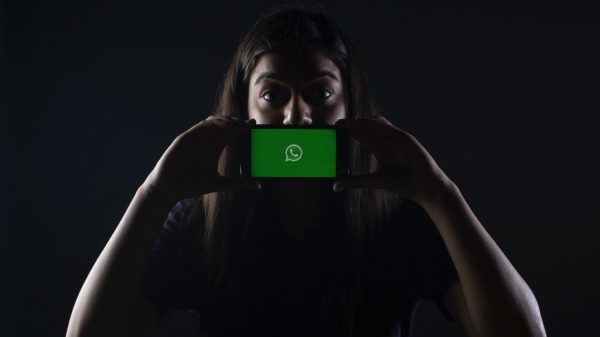In the wake of a surge in the number of spam calls received by WhatsApp users, Meta is releasing a new feature that allows people to silence incoming calls from unknown users.
The “silence unknown callers” feature is available in the settings menu for all WhatsApp users at the time of this writing. Like similar options on other platforms, this feature will send the missed call to the user’s call list, allowing them to complete a manual review of the number and demographic information if they so choose.
The goal behind this release is to cut down on the number of “spam, scams, and calls from unknown people” that WhatsApp reports its users have been facing of late. In fact, according to the press release, some users–namely those in India–were afflicted with an average of 17 spam calls per month, with some users reportedly experiencing substantially more.
The majority of the spam calls in question have been coming from numbers located in Ethiopia, Malaysia, Indonesia, Kenya, and Vietnam, corroborating Meta concerns and FTC findings that international scams are on the rise.
“Bad actors find different ways to scam users. International scam calls is a new way that bad actors have recently adopted,” explained a WhatsApp spokesperson in a correspondence with TechCrunch.
Those bad actors were remarkably effective in 2022. The FTC reportedly fielded 2.4 million fraud reports last year, equating to around $8.8 billion in losses from American victims.
The option to silence unknown callers is expected to level this playing field to a certain degree, with Gizmodo reporting that a Meta spokesperson estimated a reduction in spam calls of at least 50 percent with the addition of this newest feature.
“We expect to be able to control the current incident effectively,” the spokesperson added, promising to continue defending users from harmful calls.
As spammers and scammers continue to adapt their methods, Meta will undoubtedly be on the search for more permanent and adaptive methods to weed out their attempts to contact unwitting victims. Given WhatsApp’s ubiquity on a global scale, the implementation of this kind of screening is a good first step.
Jack Lloyd has a BA in Creative Writing from Forest Grove's Pacific University; he spends his writing days using his degree to pursue semicolons, freelance writing and editing, oxford commas, and enough coffee to kill a bear. His infatuation with rain is matched only by his dry sense of humor.











































